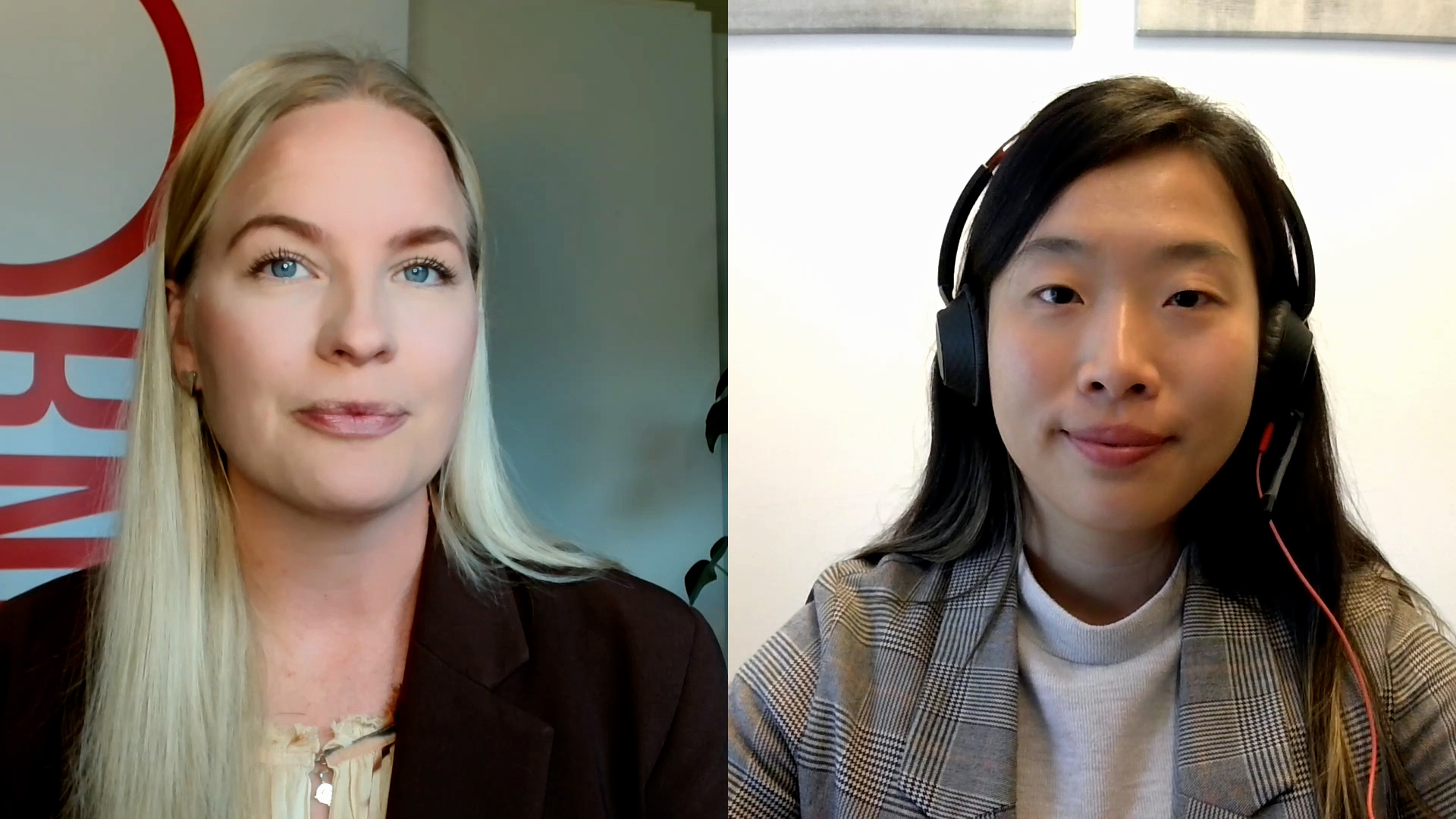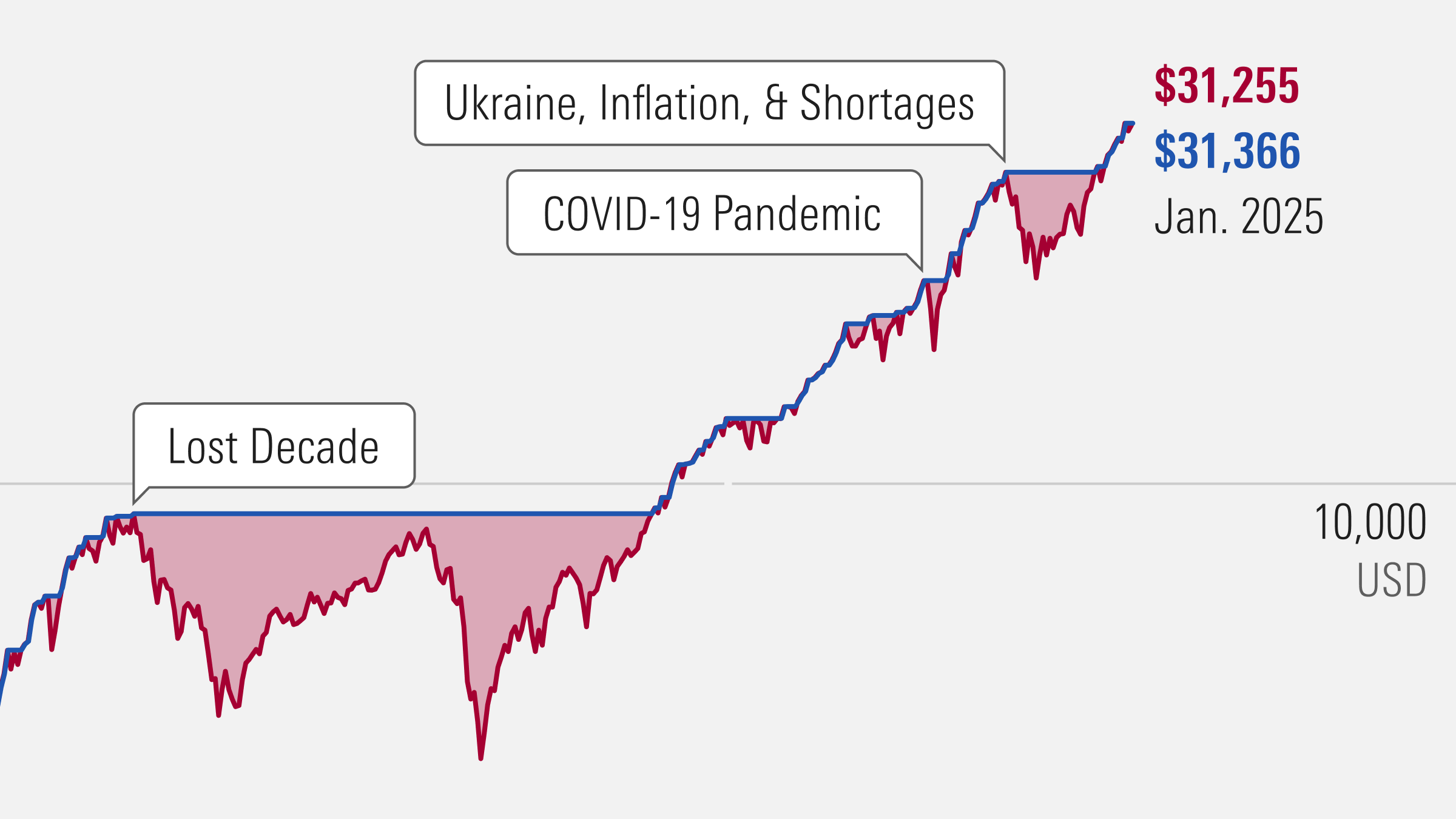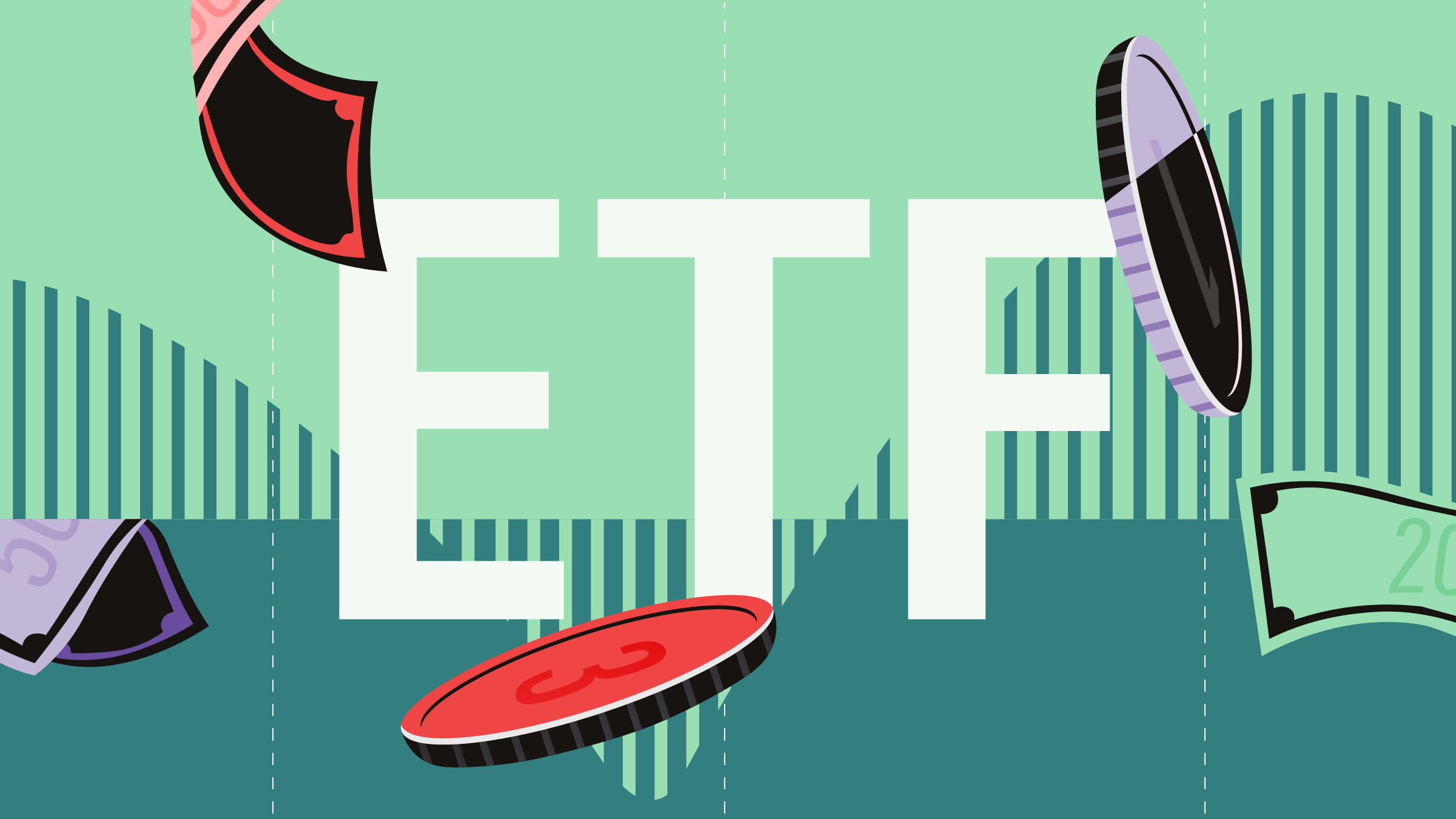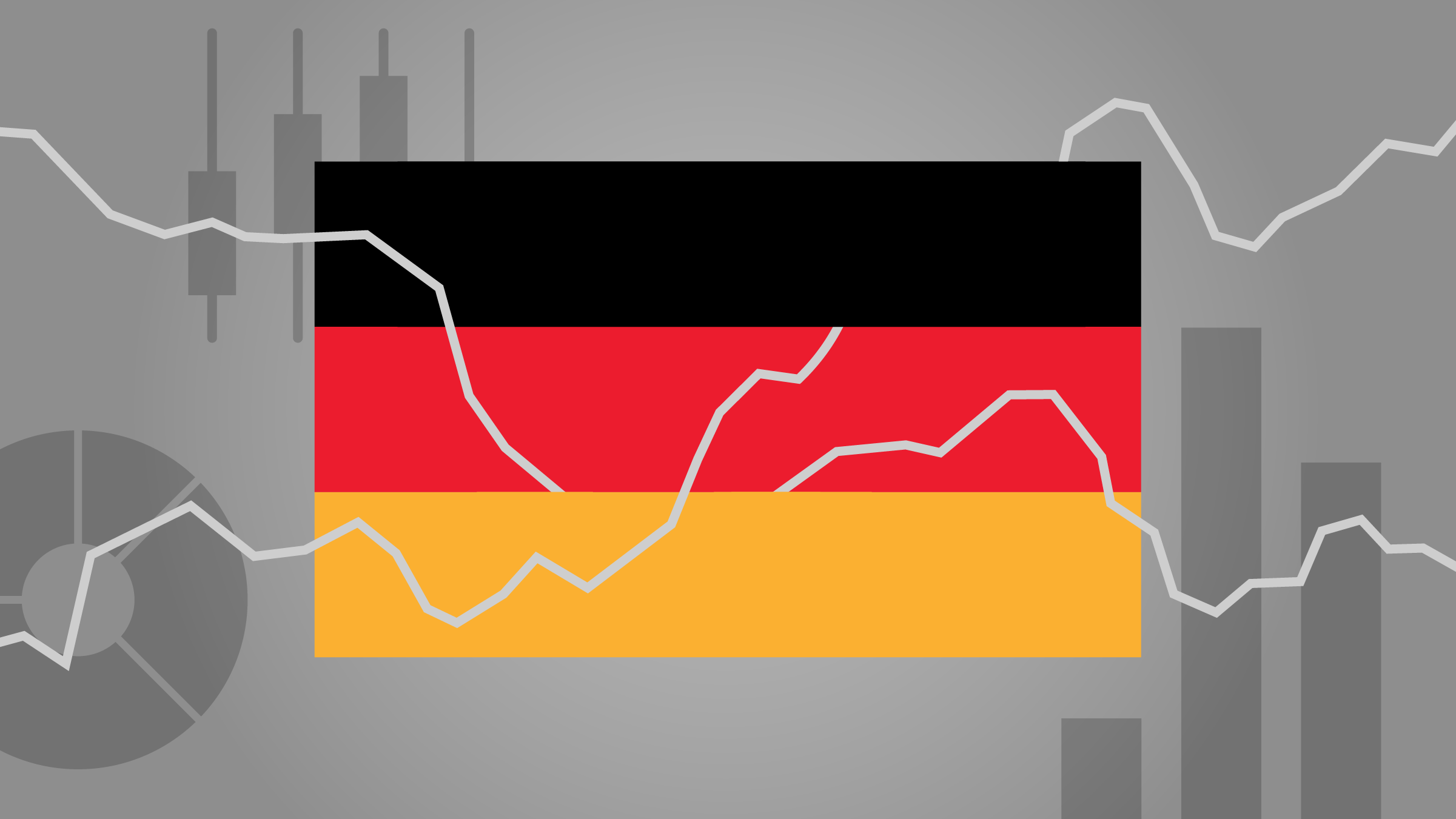Emma Wall: Hello, and welcome to the Morningstar series, Why Should I Invest With You? Today in an ethical special, I have Charlie Thomas, manager of the Jupiter Ecology Fund (rahastolla on Bronze-arvosana).
Charlie Thomas: Good morning, Emma.
Wall: Hi, Charlie. When I first started in this industry, ethical was a real hot topic among investors, and then the credit crisis came along and it sort of dropped off the radar as people became very obsessed with conserving their cash pot. Is it returning to popularity?
Thomas: Yes. I think if you look back, just take one step back and understand what's happened in the industry, yes, indeed if you look back to 2007, 2008, very much sort of energy, tech boom that we had there was a lot of interest in renewables, which is part of our investment strategy, and there was lot of buzz around the sector. That has and we did see a fall-off back in the subsequent years, and particularly around the credit crunch. But I think there has been a quiet revolution and I think what you've seen, if you've looked at the performance of many of the funds in the sector and indeed ours, and you look at some of the thematics that we're investing in, they are really beginning to accelerate and actually there is genuine interest coming back into the sector.
Wall: I think one of the biggest misconceptions about the sector and perhaps the reason why it did drop from popularity is that, people have to choose between ethics and profit. Is that the case?
Thomas: I would disagree on that actually. I think I am very fortunate, I’ve just had an anniversary 10 years of managing the Jupiter Ecology Fund. When we look back at the performance actually what we can see is quite a different story, that we've outperformed the average global fund by nearly 4% a year. We've outperformed the FTSE World, the MCSI, those very conventional indices by quite some margin. Yes, it is a long-term investment strategy. Yes, we do have volatility, that’s very much a particularity with the sector. But the long-term track record, I think, really stands up and I think that’s probably where we expect it to continue.
Wall: Ethical investing is an extremely broad remit from the very, very green to SRI. How do you break that down personally in the fund? What are the themes that you're keen on?
Thomas: I think we've been very specific about the fund right from the beginning and bear in mind that Jupiter Ecology Fund is over 25 years old now. The fund has always had an emphasis on companies providing solutions to environmental problems on a global basis. So, yes, we do have some ethical constraints. They've always been in place since the beginning of the fund, but actually that's not the emphasis. The emphasis of the fund is find those innovative companies which we can invest in, which are delivering the solutions, and as a result of delivering the solutions they’re going to grow quicker.
Wall: Are these things that investors will be familiar with, like solar energy?
Thomas: That's the other aspect, I guess - we’ve got to bear in mind, lot of people associate environmental funds with renewables and actually it’s much, much more diverse than that. We invest in water; we invest in waste; we invest in some of the consumer and ethical trends; we invest in transport systems. So, it's much, much broader, but yes, it would and could include solar energy as an example.
Wall: Of course, then having a much broader remit like that means you’ve got plenty of stocks to choose from?
Thomas: That's the other interesting issue as well. I mean, when I took over the fund, we had, broadly speaking, a universe of about 300 companies worldwide. If you look at that universe today, we are closer to 1,200 and it's growing by the day. I mean, that's the real thing with the sector; that it’s highly dynamic and highly innovative and there’s more capital come into the sector, which is very exciting for us as investors.
Wall: Charlie, thank you very much.
Charlie Thomas: Thank you.
Wall: This is Emma Wall for Morningstar. Thank you for watching.
Emma Wall: Hello, and welcome to the Morningstar series, Why Should I Invest With You? Today in an ethical special, I have Charlie Thomas, manager of the Jupiter Ecology Fund (![]() Bronze rated).
Bronze rated).
Charlie Thomas: Good morning, Emma.
Wall: Hi, Charlie. When I first started in this industry, ethical was a real hot topic among investors, and then the credit crisis came along and it sort of dropped off the radar as people became very obsessed with conserving their cash pot. Is it returning to popularity?
Thomas: Yes. I think if you look back, just take one step back and understand what's happened in the industry, yes, indeed if you look back to 2007, 2008, very much sort of energy, tech boom that we had there was a lot of interest in renewables, which is part of our investment strategy, and there was lot of buzz around the sector. That has and we did see a fall-off back in the subsequent years, and particularly around the credit crunch. But I think there has been a quiet revolution and I think what you've seen, if you've looked at the performance of many of the funds in the sector and indeed ours, and you look at some of the thematics that we're investing in, they are really beginning to accelerate and actually there is genuine interest coming back into the sector.
Wall: I think one of the biggest misconceptions about the sector and perhaps the reason why it did drop from popularity is that, people have to choose between ethics and profit. Is that the case?
Thomas: I would disagree on that actually. I think I am very fortunate, I’ve just had an anniversary 10 years of managing the Jupiter Ecology Fund. When we look back at the performance actually what we can see is quite a different story, that we've outperformed the average global fund by nearly 4% a year. We've outperformed the FTSE World, the MCSI, those very conventional indices by quite some margin. Yes, it is a long-term investment strategy. Yes, we do have volatility, that’s very much a particularity with the sector. But the long-term track record, I think, really stands up and I think that’s probably where we expect it to continue.
Wall: Ethical investing is an extremely broad remit from the very, very green to SRI. How do you break that down personally in the fund? What are the themes that you're keen on?
Thomas: I think we've been very specific about the fund right from the beginning and bear in mind that Jupiter Ecology Fund is over 25 years old now. The fund has always had an emphasis on companies providing solutions to environmental problems on a global basis. So, yes, we do have some ethical constraints. They've always been in place since the beginning of the fund, but actually that's not the emphasis. The emphasis of the fund is find those innovative companies which we can invest in, which are delivering the solutions, and as a result of delivering the solutions they’re going to grow quicker.
Wall: Are these things that investors will be familiar with, like solar energy?
Thomas: That's the other aspect, I guess - we’ve got to bear in mind, lot of people associate environmental funds with renewables and actually it’s much, much more diverse than that. We invest in water; we invest in waste; we invest in some of the consumer and ethical trends; we invest in transport systems. So, it's much, much broader, but yes, it would and could include solar energy as an example.
Wall: Of course, then having a much broader remit like that means you’ve got plenty of stocks to choose from?
Thomas: That's the other interesting issue as well. I mean, when I took over the fund, we had, broadly speaking, a universe of about 300 companies worldwide. If you look at that universe today, we are closer to 1,200 and it's growing by the day. I mean, that's the real thing with the sector; that it’s highly dynamic and highly innovative and there’s more capital come into the sector, which is very exciting for us as investors.
Wall: Charlie, thank you very much.
Charlie Thomas: Thank you.
Wall: This is Emma Wall for Morningstar. Thank you for watching.
- See more at: http://www.morningstar.co.uk/uk/news/112772/ethical-funds-outperform-world-indices.aspx#sthash.nQoDh7r9.dpuf
Emma Wall: Hello, and welcome to the Morningstar series, Why Should I Invest With You? Today in an ethical special, I have Charlie Thomas, manager of the Jupiter Ecology Fund (![]() Bronze rated).
Bronze rated).
Charlie Thomas: Good morning, Emma.
Wall: Hi, Charlie. When I first started in this industry, ethical was a real hot topic among investors, and then the credit crisis came along and it sort of dropped off the radar as people became very obsessed with conserving their cash pot. Is it returning to popularity?
Thomas: Yes. I think if you look back, just take one step back and understand what's happened in the industry, yes, indeed if you look back to 2007, 2008, very much sort of energy, tech boom that we had there was a lot of interest in renewables, which is part of our investment strategy, and there was lot of buzz around the sector. That has and we did see a fall-off back in the subsequent years, and particularly around the credit crunch. But I think there has been a quiet revolution and I think what you've seen, if you've looked at the performance of many of the funds in the sector and indeed ours, and you look at some of the thematics that we're investing in, they are really beginning to accelerate and actually there is genuine interest coming back into the sector.
Wall: I think one of the biggest misconceptions about the sector and perhaps the reason why it did drop from popularity is that, people have to choose between ethics and profit. Is that the case?
Thomas: I would disagree on that actually. I think I am very fortunate, I’ve just had an anniversary 10 years of managing the Jupiter Ecology Fund. When we look back at the performance actually what we can see is quite a different story, that we've outperformed the average global fund by nearly 4% a year. We've outperformed the FTSE World, the MCSI, those very conventional indices by quite some margin. Yes, it is a long-term investment strategy. Yes, we do have volatility, that’s very much a particularity with the sector. But the long-term track record, I think, really stands up and I think that’s probably where we expect it to continue.
Wall: Ethical investing is an extremely broad remit from the very, very green to SRI. How do you break that down personally in the fund? What are the themes that you're keen on?
Thomas: I think we've been very specific about the fund right from the beginning and bear in mind that Jupiter Ecology Fund is over 25 years old now. The fund has always had an emphasis on companies providing solutions to environmental problems on a global basis. So, yes, we do have some ethical constraints. They've always been in place since the beginning of the fund, but actually that's not the emphasis. The emphasis of the fund is find those innovative companies which we can invest in, which are delivering the solutions, and as a result of delivering the solutions they’re going to grow quicker.
Wall: Are these things that investors will be familiar with, like solar energy?
Thomas: That's the other aspect, I guess - we’ve got to bear in mind, lot of people associate environmental funds with renewables and actually it’s much, much more diverse than that. We invest in water; we invest in waste; we invest in some of the consumer and ethical trends; we invest in transport systems. So, it's much, much broader, but yes, it would and could include solar energy as an example.
Wall: Of course, then having a much broader remit like that means you’ve got plenty of stocks to choose from?
Thomas: That's the other interesting issue as well. I mean, when I took over the fund, we had, broadly speaking, a universe of about 300 companies worldwide. If you look at that universe today, we are closer to 1,200 and it's growing by the day. I mean, that's the real thing with the sector; that it’s highly dynamic and highly innovative and there’s more capital come into the sector, which is very exciting for us as investors.
Wall: Charlie, thank you very much.
Charlie Thomas: Thank you.
Wall: This is Emma Wall for Morningstar. Thank you for watching.
- See more at: http://www.morningstar.co.uk/uk/news/112772/ethical-funds-outperform-world-indices.aspx#sthash.nQoDh7r9.dpuf




















